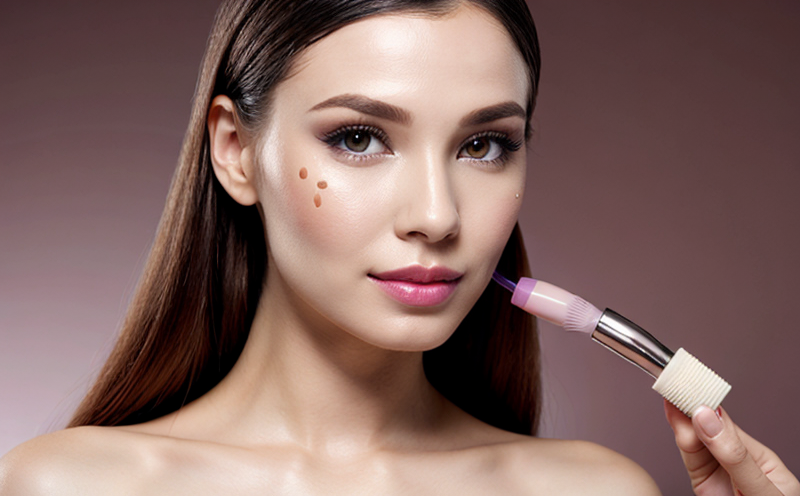In Vitro Skin Hydration Measurement in Cosmetic Products
The quest for safe and efficacious cosmetic products has driven innovation in alternative methods of testing. One such advancement is the in vitro skin hydration measurement, which leverages non-animal models to evaluate the moisturizing properties of cosmetics. This method ensures that products are not only effective but also compliant with stringent safety standards.
The in vitro approach involves using cultured human cells or tissue to simulate the behavior of intact skin under various conditions. By employing this technology, we can assess how a cosmetic product interacts with and hydrates the skin without the need for animal testing. This aligns perfectly with current regulatory trends that prioritize humane and efficient methods.
The process begins with selecting appropriate cell lines or tissue equivalents that mimic human skin. These models are then exposed to different concentrations of the cosmetic formulations being tested. The hydration levels in these model tissues are measured using advanced analytical techniques such as FTIR (Fourier Transform Infrared Spectroscopy) and Raman spectroscopy, which provide precise readings.
For quality management, this service ensures that every product meets high standards for safety and efficacy. Compliance officers will find it invaluable as they navigate the complexities of international regulations like ISO 10993-22 for biocompatibility testing or FDA guidelines on ingredient safety assessments. R&D engineers can benefit from the insights gained into how various ingredients impact skin hydration, leading to more informed product development decisions.
The reliability of in vitro methods has been validated through extensive research and numerous studies. For instance, the OECD guideline series provides robust protocols for conducting these tests, ensuring consistency across different laboratories. This not only enhances reproducibility but also supports the trustworthiness of results when submitted to regulatory bodies.
In addition to its scientific rigor, in vitro skin hydration measurement offers several practical advantages over traditional animal testing methods. It is faster, as it reduces the time required for observations significantly. Moreover, it eliminates ethical concerns associated with using live animals, making it an attractive option for both companies and consumers alike who value responsible practices.
Another significant advantage lies in its cost-effectiveness; while initial investment may be higher due to购置以供进一步分析





